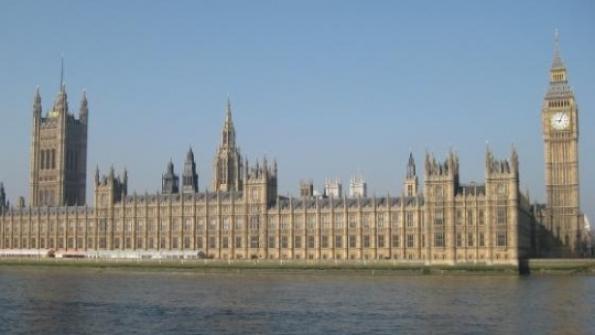
LONDON—The British government should postpone plans for a far-reaching defense review in light of the novel coronavirus pandemic, the Royal United Services Institute (RUSI) has suggested.
Prime Minister Boris Johnson began the Integrated Review in February. The London-based defense think tank says plans to complete the review by July, were “always unrealistic,” and it calls for the conclusion of the review to be postponed until 2021, urging the government to focus their attention on solving the COVID-19 pandemic.
Several influential former defense chiefs also have called for the review to be postponed.
“The lasting consequences of the pandemic remain highly unpredictable,” write authors Malcolm Chalmers and Will Jessett, and will likely lead to “new debates on public spending priorities in the UK and elsewhere.” The pandemic may also lead to new geopolitical alignments between the major powers and developmental challenges in countries hit badly by the crisis, as well as “a further strengthening of nationalist political forces.”
This could require “a significant rethink of the resourcing of the review,” and could lead to an additional £1.9 billion being allocated to the UK defense ministry, the authors suggest.
The review, the largest since the end of the Cold War, was set to review the UK’s foreign, defense, security and development policies in light of Britain’s departure from the European Union at the end of January.
It breaks from the traditional defense-led Strategic Defense and Security Reviews usually held every five years and was due to examine the development of capabilities for both the UK armed forces and security agencies. With defense featuring the largest budget of the government departments under the microscope, the defense ministry’s oft-criticized procurement processes were also to be examined.
RUSI suggests the review should prioritize the robust air defense of the UK, strengthened coastal defenses against limited incursions, protection of military and civil infrastructure against both virtual and physical attack, as well as maintaining the ability to provide adequate support to civil authorities in national emergencies such as the ongoing pandemic. The report also says “further work” will be needed to incorporate the consequences of the pandemic on the country’s security priorities and their resourcing.





